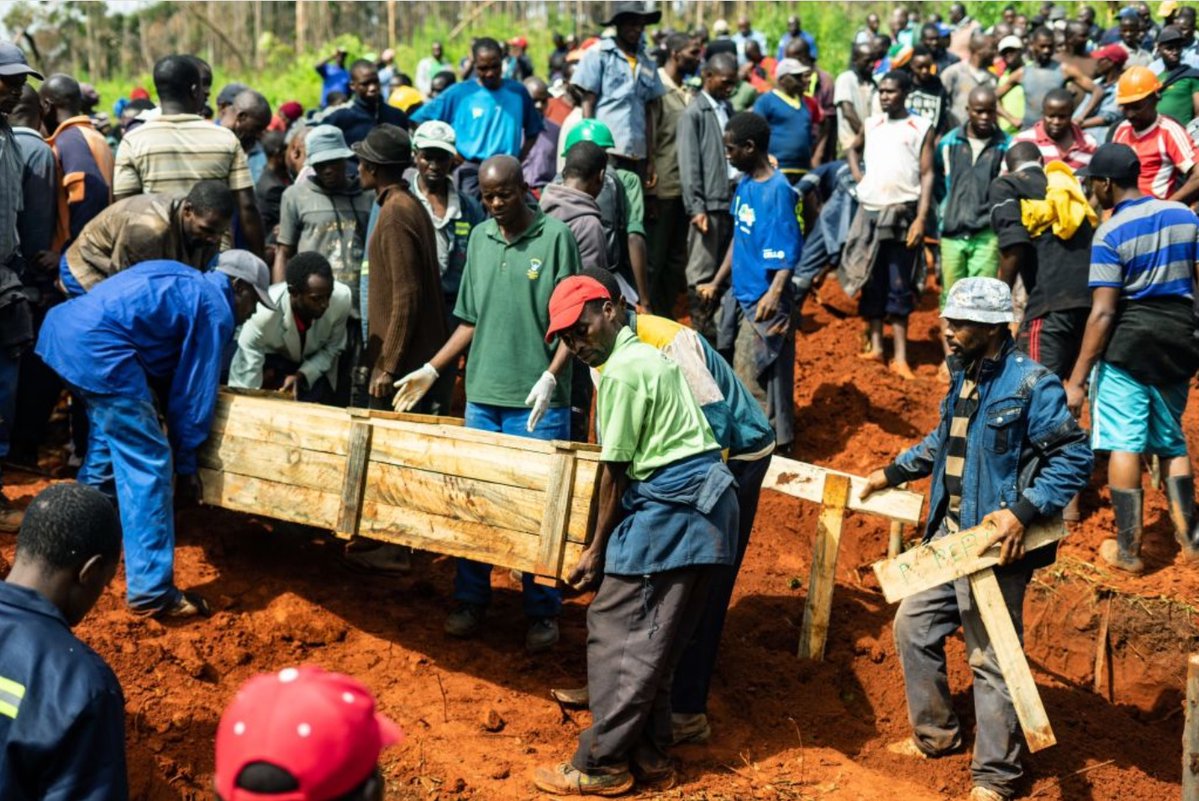Brightface Mutema
The whole nation was plunged into mourning following the devastating effects of cyclone Idai. There has been loss of loved ones as a result of death, and this has caused a broad range of reactions, and people are experiencing grief in many and varied ways. Mourning, the adaptation to loss, is an essential process in order to re-establish equilibrium and carry on with living though it is not that easy. This is going to take a long time and there is no fixed period in which we expect to feel better.
It is during such a period that I have chosen to share this piece, guiding fellow citizens on what can be done to understand what happens during such a grieving process. So many things happens but I am just going to tackle a few that, once it happens to us, we understand that it is normal during bereavement and grief.
Guilt and self-reproach-These are common responses to loss. You may feel guilty about things done or left undone, unresolved quarrels, words said or left unsaid. That feeling of not being able to say good bye to loved ones is agonizing. Usually people blame themselves for something that was neglected around the time of the death. Most often guilt is normal, though not justified.
Anxiety and Fears-Feelings of anxiety are common and stem from two sources. You may fear that you will not be able to take care of yourself on your own and your awareness of your own mortality is heightened by the death of a loved one. You may feel very vulnerable and lose confidence in yourself and in the world. Anxiety carried to extremes can develop into a phobia or lead to panic attacks.
Shock-This is arguably the commonest post trauma effect. You may feel numb, bewildered, stunned and unable to think clearly. It occurs most often in the case of a sudden death and what happened with cyclone Idai can more or less be equated to sudden death. In some ways, shock protects you from the overwhelming feelings as it does not allow them all into consciousness.
Longing and Searching-You may have a sense of longing to see, hear, hold and talk to the person who has died. This will remain for a long time as the way we were separated with the departed souls was unexpected, we never thought we could part in such a way.
Disbelief and Confusion-With the way how nature and infrastructure was destroyed, how our kith and kins perished, there is a general sense of disbelief and somehow confusion. This is often the initial response after hearing a horrendous event that may continue for a while. You feel that what has happened is unreal, you can’t believe it happened. It is a common thought.
These post traumatic experiences need psycho-social support and counselling of the victims otherwise the long term effects can be detrimental. The loss of a loved one is psychologically traumatic and a period of healing is needed for one to be restored to full functioning. Psychosocial support will help individuals and communities that were directly or indirectly affected to heal the psychological wounds and rebuild social structures. It can also help change people into active survivors rather than passive victims so that they manage to soldier on with life.




